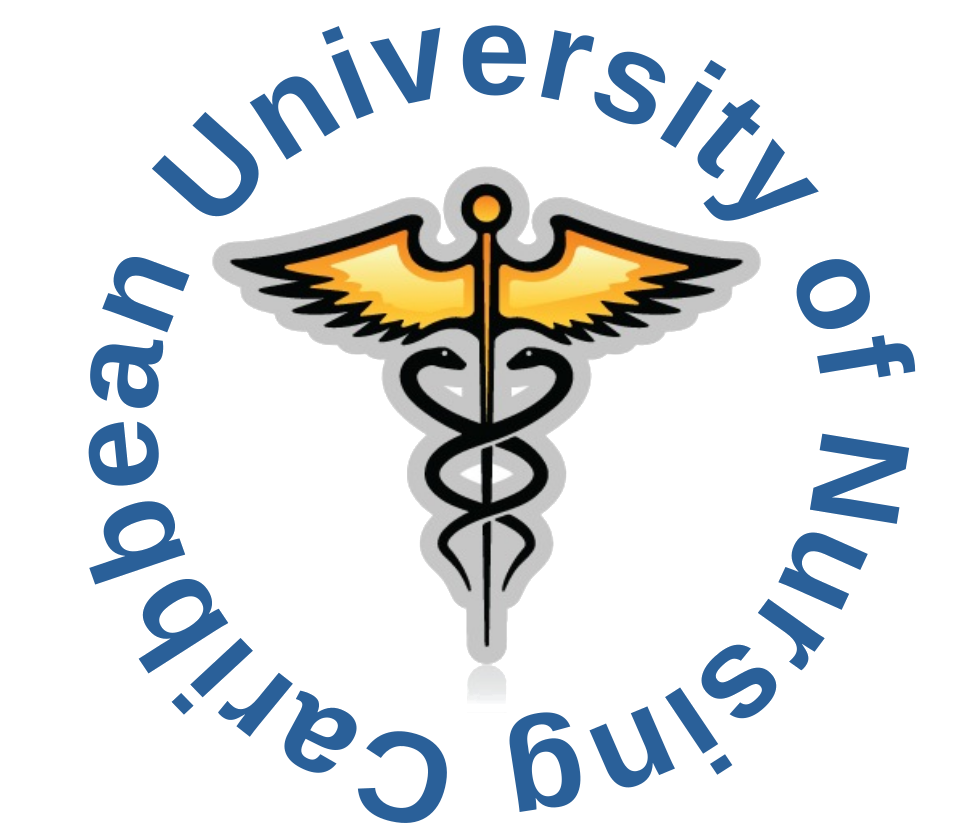
Research is a very important part of nursing education and nursing practice. Research sharpens your critical thinking, deepens and broadens your knowledge and research outcomes can enhance the quality of healthcare. For CUN’s BSN Program multi-cultural, multi-ethnic and integrative principles are key, besides internationally standardized parts of the curriculum and Evidence Based Nursing Practice. CUN’s Nursing Program won’t just focus on Western (medical and pharmacological) therapies or other typically Western ways of cure and care.
Research, at CUN, mainly focuses on the following.
- The role of traditional aspects of cure and care, in different non-Western cultures, countries and communities and how these aspects relate to (modern) Western cure and care, where healthcare outcomes are concerned.
- The role of traditional, natural and alternative medicines and therapies and how they relate to holism and modern pharmaceutical therapies.
- The level of healthcare in different countries, related to standards of living, government (financial) support, number and level of healthcare workers and other relevant factors and how they effect healthcare outcomes.
Research at CUN will start already during the first academic semester of the first year, for entry-level students. This initial research will be literature research and research that is part of the curriculum itself (Scenario Research), since you are, at that point, not yet adequately equipped to conduct or take part in any other kind of scientific research.
During the first semester of the third year (semester 5) courses will be offered, dedicated to Nursing Research and Statistics, to take you to the next level, where your understanding of nursing research is concerned.
Attention will be paid to a plethora of characteristics that (can) influence the quality of healthcare. Some key characteristics are the following.
-
The disparities between developed and developing countries, between certain regions and between certain communities.
-
Existing healthcare characteristics.
-
Social structures.
-
Cultural and religious characteristics.
-
Criminality and the justice system.
-
History
-
Healthcare politics and goals.
-
Social and political stability.
-
Agricultural and industrial developments.
-
Pollution, waste-management, hygiene.
-
Climate and weather.
-
Geographical characteristics.
-
Demographics.
-
Economics.
To be able to investigate and monitor all these healthcare characteristics and developments, in different countries, regions and communities, it is necessary to stay closely connected to international, as well as national and local (healthcare) networks and experts.
